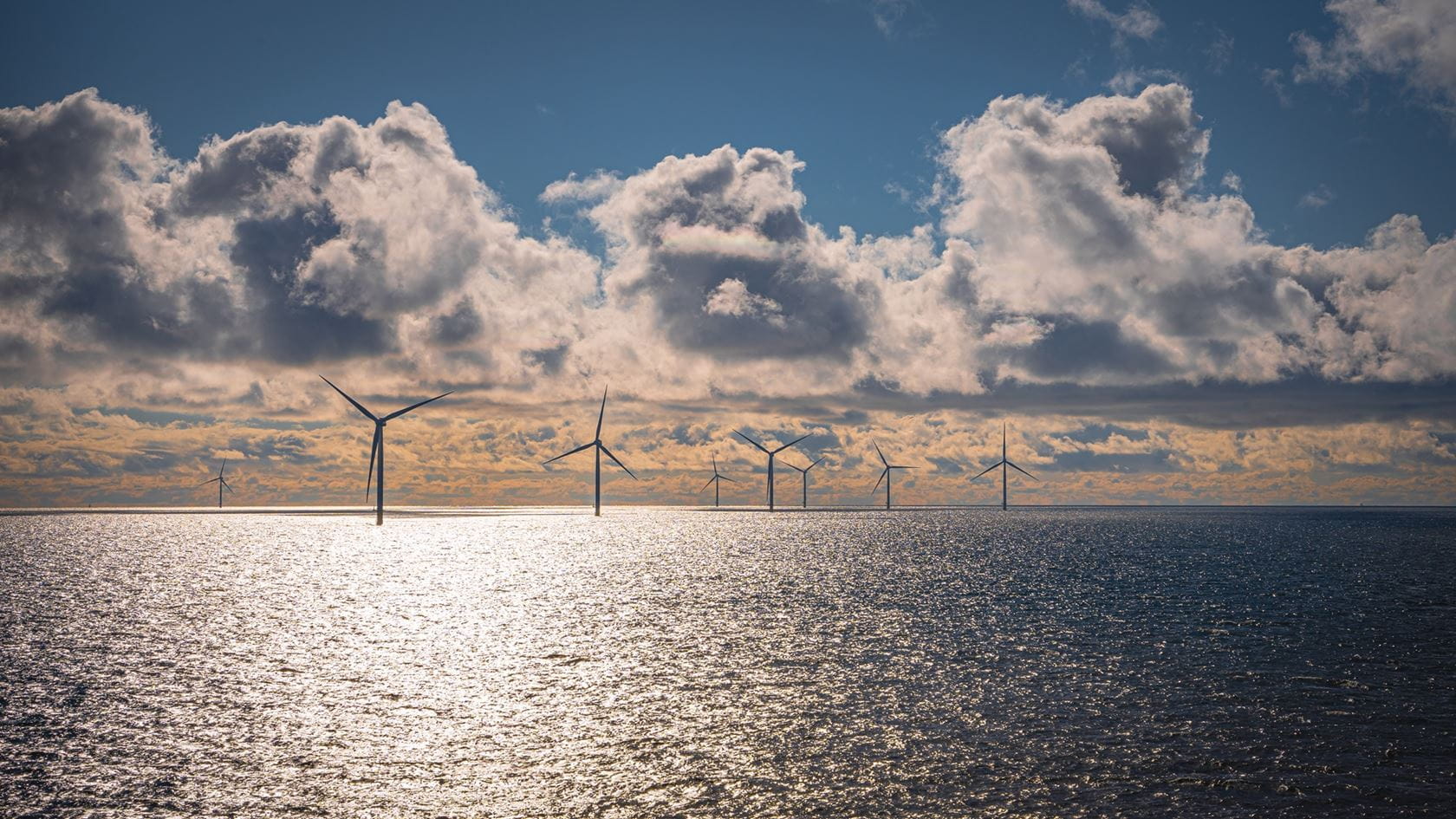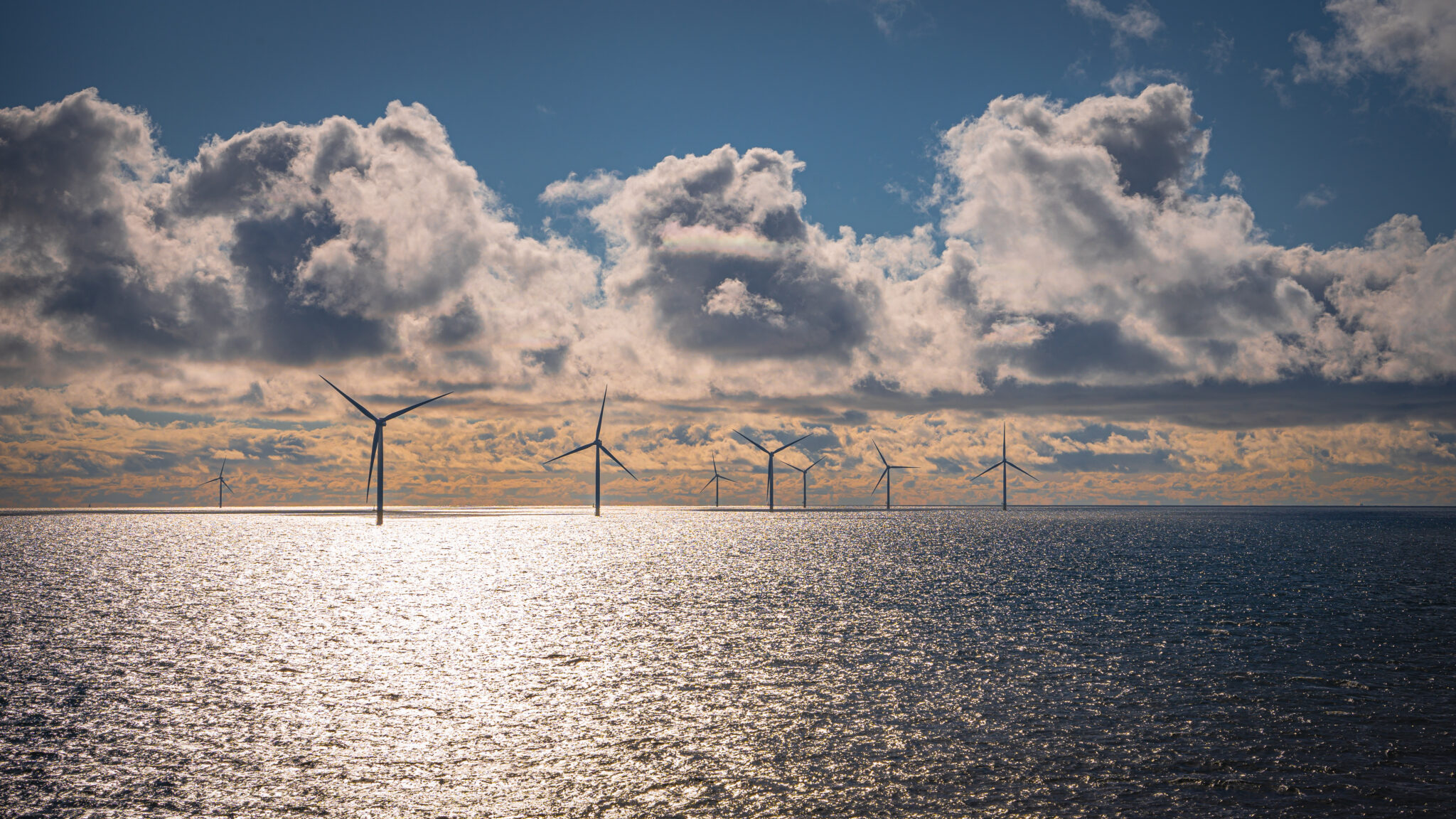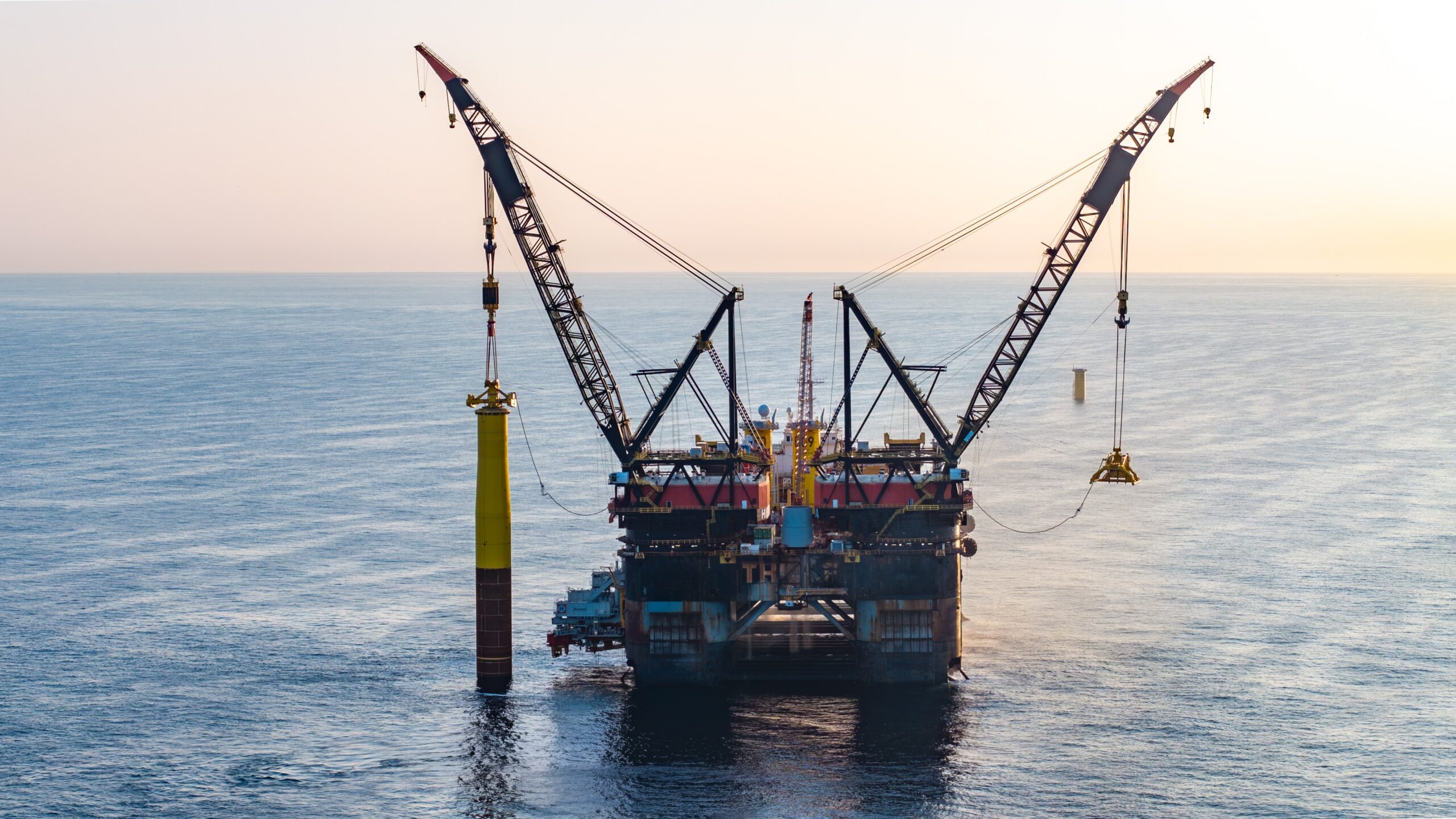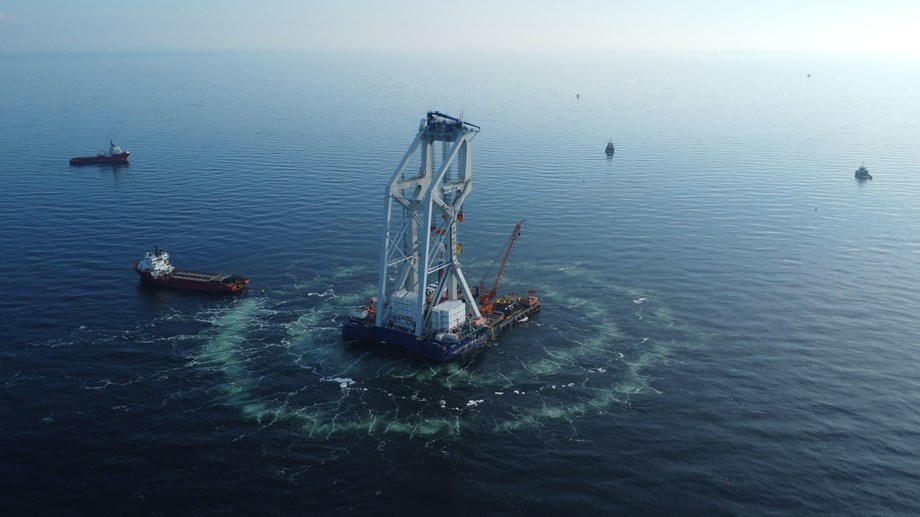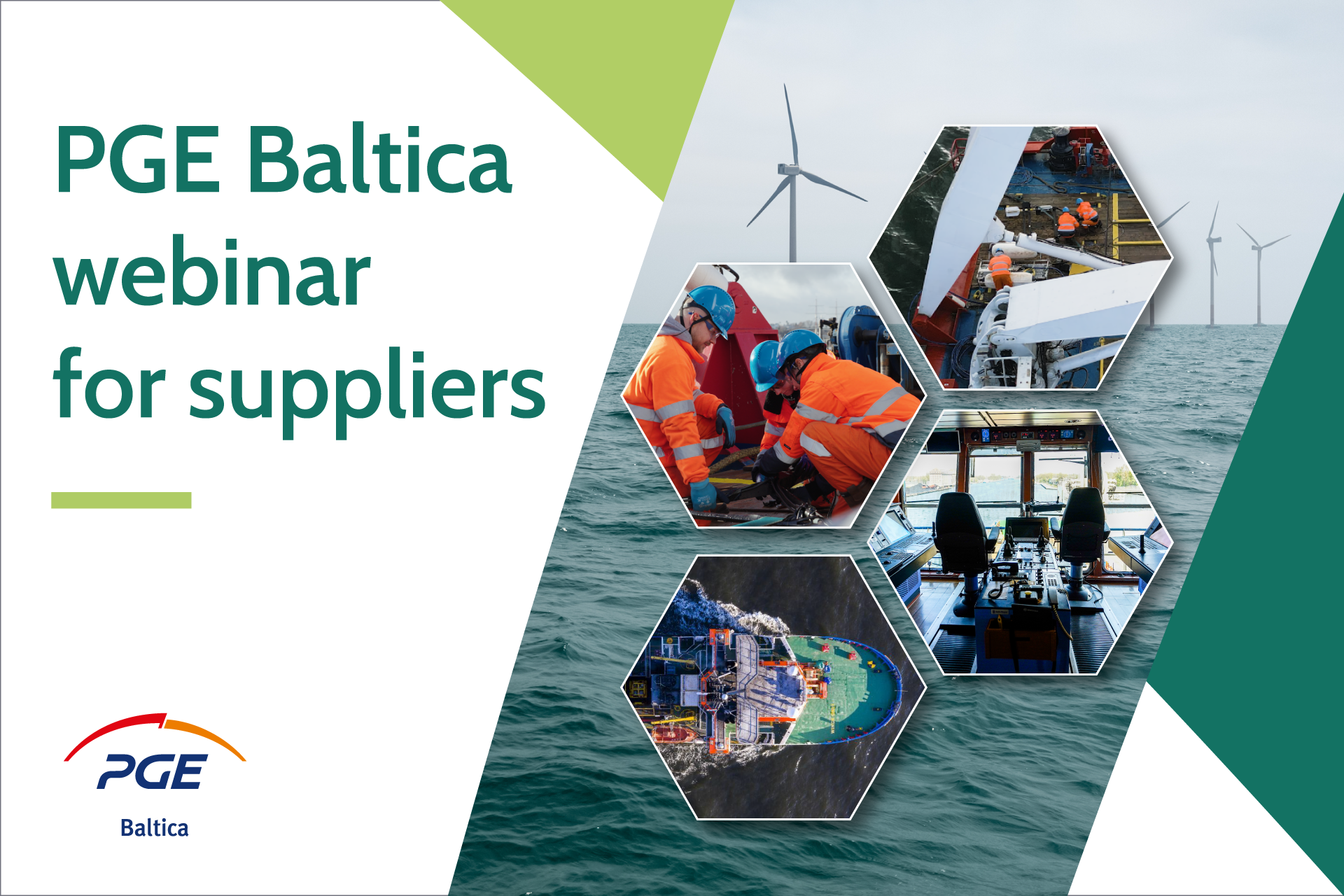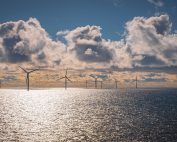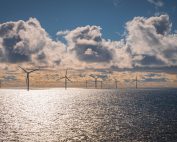The Estonian Ministry of Economy and Communications announced the selection of a contractor for a preliminary feasibility study for the ELWIND offshore wind farm project. Hendrikson & KO and Pondera Consult will take on the challenges.
The Estonian-Latvian project of the ELWIND offshore wind farm in the Baltic Sea is developing rapidly and, according to the Estonian government, has reached a milestone. The tender for a preliminary feasibility study has been successfully completed, the aim of which is to pre-select suitable geographic areas for the construction of the wind farm. The contractor was selected ahead of schedule, and the results of the evaluation will be publicly available later this year.
The ministry informs that the decision to select specific areas for the construction of an offshore wind farm may be made in early 2022.
A preliminary feasibility study will be carried out by Hendrikson & KO and Pondera Consult. Experts are to evaluate pre-selected development areas in terms of installing technical capacity in offshore wind farms and present a proposal for the best location for an ELWIND wind farm. The aim is to evaluate several sites with an area of approximately 200 km2 each, assuming a power density of 5-7 MW / km2 in the EEZs of Estonia and Latvia.
Cooperation between Estonia and Latvia
“The development of production capacities based on renewable energy sources is extremely important for the entire Baltic region. Given the current state of world energy markets, as well as the upward trend in the price trajectory of traditional energy sources, wind generation is an important instrument to ensure sufficient and stable supplies of clean, cheap and carbon neutral energy”, said Jānis Vitenbergs, Latvian Minister of Economy.
In turn, Taavi Aas, the Minister of Economy and Infrastructure of Estonia, pointed out that Estonia and Latvia have joined forces to achieve sustainable, affordable and stable energy production.
“We are at the beginning of a long and challenging journey where two good neighbors are effectively combining their knowledge, resources and commitment to improve cross-border connectivity and increase security of supply for the Baltic countries”, Aas said.
Agreement of the Baltic States
In 2020, Ministers Jānis Vitenbergs and Taavi Aas signed a Memorandum of Understanding (MoU) which foresees the completion of the project until 2030. The offshore wind farm is planned with a total capacity of 700-1000 MW, which is to provide over 3 TWh of energy from renewable sources per year.
Estonia and Latvia plan to apply for funding for the construction of the network from CEF RES (The Connecting Europe Facility of Renewable Energy) funds, because the ELWIND project involves two countries and can be qualified as a project with a regional status.


